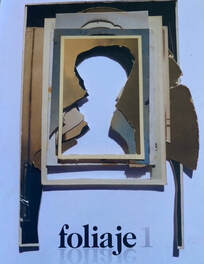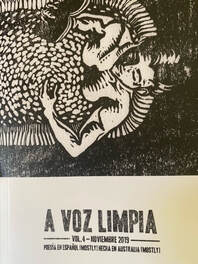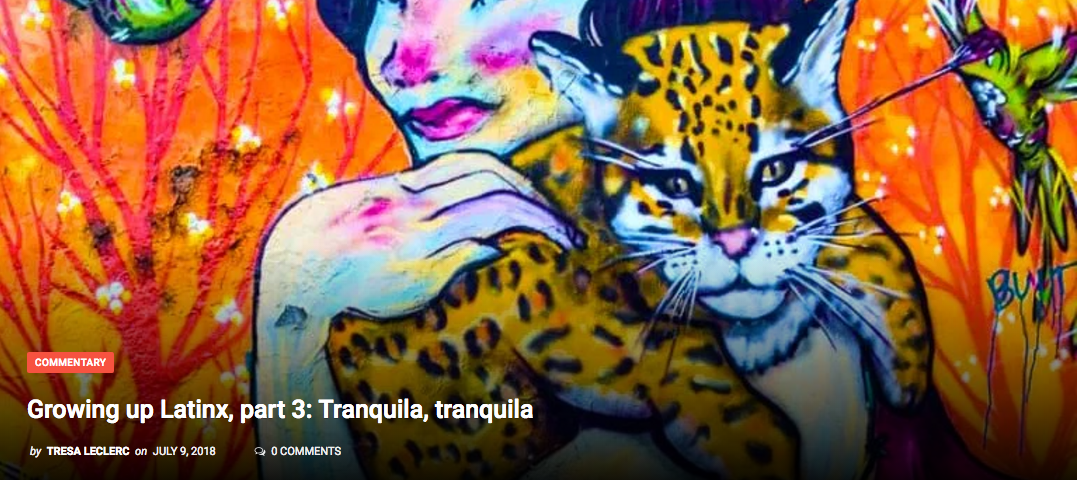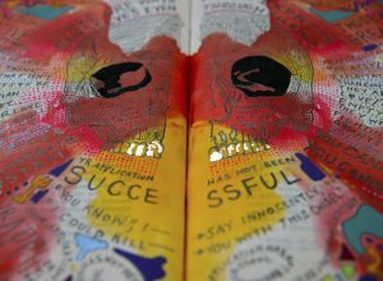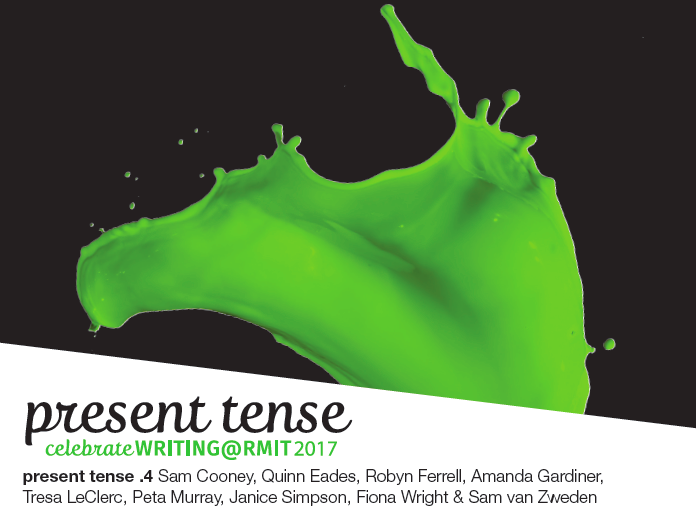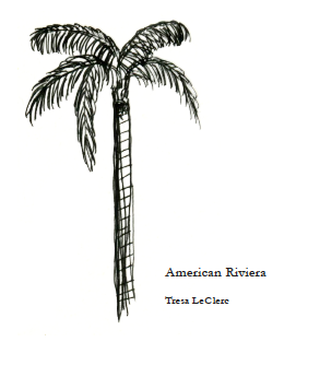|
The privilege of common sense
Overland "The privilege of common sense is not afforded to more marginalised writers, who are asked to prove even the most observable phenomenon, such as their underrepresentation in the industry." |

|
Should writers only write what they know? What I learned from my research The Conversation "Walking in someone’s shoes is useful as a method, but it is far from perfect. As writers, we need to ask ourselves whether we are contributing to the oppression of a group of people by speaking for them, and reinforcing racist stereotypes as we do so." |
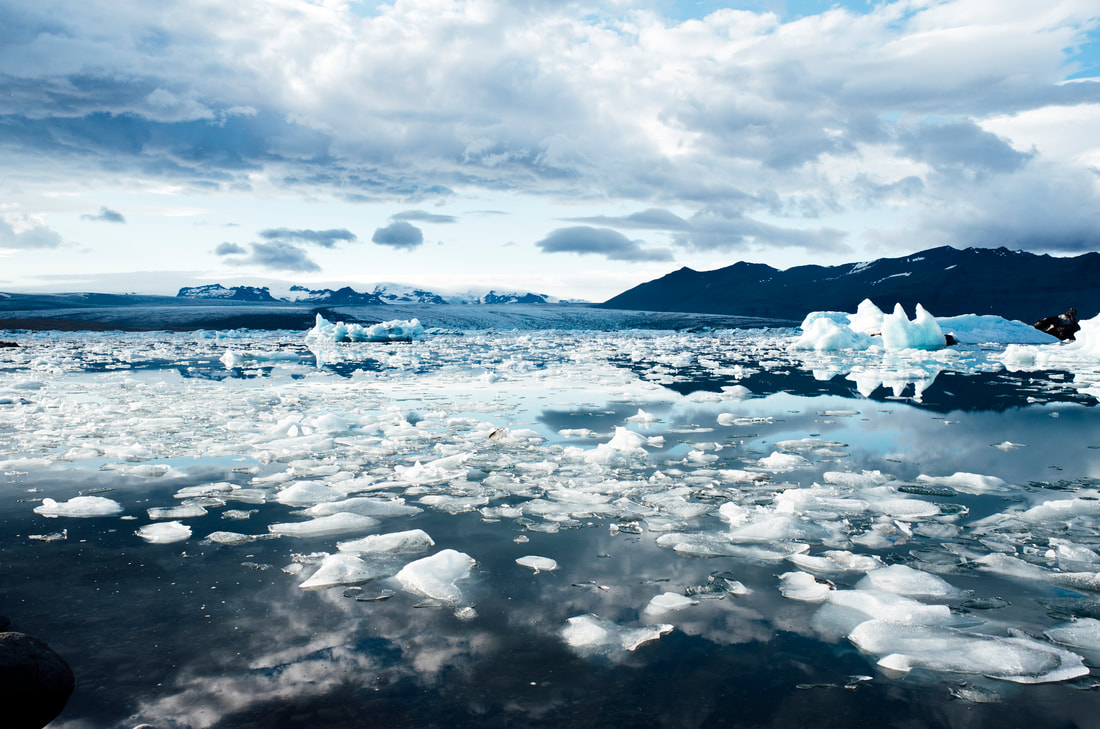
|
After Reykjavik: a Chorus of Reports Essay Daily by Sam Cooney, Quinn Eades, Robyn Ferrell, Tresa LeClerc, Peta Murray, Janice Simpson, Sam van Zweden and Fiona Wright; curated and introduced by David Carlin |
|
Growing up Latinx, part 3: Tranquila, tranquila Djed Press "About the uncomfortable conversation, a friend later says, “Oh, you met Culture Guy… Culture Guy who wants to know where you come from—who knows more about your culture then you do.” |
|
On Censorship and Chisels Wild Tongue vol 2 "According to Oxford Dictionaries, censorship is the suppression or prohibition of books or films that are seen as obscene, politically unacceptable or a threat to security as deemed by an authority. Usually this is made in the interest of balancing two political opinions. Those deemed to be harmful are referred to as being politically incorrect, a term used to describe measures taken to avoid offense or disadvantages to members of certain groups in society. Silencing is more insidious - it is the prohibition of speaking altogether." |
|
La Colonia Present Tense .4: From and Toward NonfictioNOW "I wrap the blankets around me like the stories of this town and it’s quiet for a few minutes. But then fire trucks bleet out their song, the ambulance, the police cars. Always in that order." |

